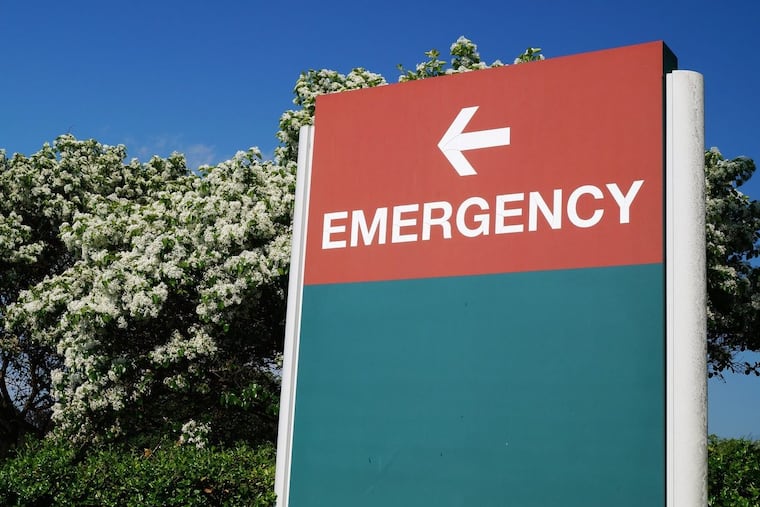Stroke admissions fell by a third during COVID-19 lockdown, new study finds
Stroke admissions dropped considerably during March and April, when many states issued stay-at-home orders, according to a new study.

Hospital admissions for stroke dropped by nearly a third during the coronavirus lockdown, according to a new report published in the journal Stroke and Vascular Neurology.
The findings add to a growing body of research that fear of contracting the virus at a hospital, stay-at-home orders, and a dramatic cutback in nonurgent care resulted in patients not seeking care for critical medical needs.
Researchers reviewed stroke and “mini stroke” hospital admissions in the first four months of the year at stroke centers in Boston, New York City, Providence, R.I., and Seattle, compared with the same period last year. They found the greatest decline in stroke cases — a 31% drop — in mid-March through mid-April, when many states issued stay-at-home orders in an effort to curtail a surge in COVID-19 cases.
“Our findings underscore the indirect effects of this pandemic. Public health officials, hospital systems and healthcare providers must continue to encourage patients with stroke to seek acute care during this crisis,” researchers from University of Washington School of Medicine in Seattle, Harvard Medical School, Brown University, Boston University School of Medicine, and Columbia University wrote in the conclusion of their study.
Philadelphia-area hospitals were not part of the study but reported a similar, troubling decline in stroke cases, as well as heart attack cases in the spring:
Jefferson Health reported severe heart attack and stroke cases were down 40% in April, compared with the same month last year.
Penn Medicine reported a 25% decline in heart attacks and a 14% decline in stroke cases between March and May of this year compared with the same period in 2019.
Temple University Hospital saw a 27% drop in heart and stroke patients between March 1 and April 9, compared with the same time last year.
Critical heart and stroke patients have been returning to hospitals since stay-home orders were lifted, but doctors still worry that patients who did not seek care when they needed it may have done more harm to their health.
» READ MORE: A South Jersey coronavirus survivor’s story shows how doctors are learning and sharing treatment discoveries
Strokes and heart attacks require immediate attention, and patients who do not seek care for more mild episodes could suffer damage to their heart or nervous system that leads to more severe problems.
“We really do see two health crises for 2020: the first being the pandemic, the second being the impact of the care that wasn’t delivered,” Jonathan Gleason, chief quality officer for Jefferson Health, told The Inquirer in July. “We’re seeing patients with more advanced disease and having some unfortunate outcomes that could have been prevented had they sought care earlier.”